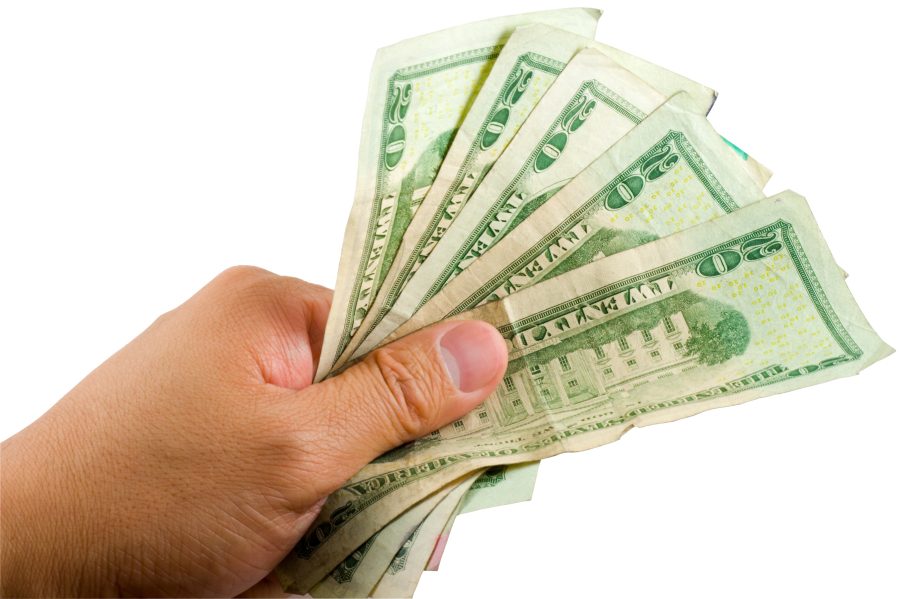As of Thursday, the U.S. dollar was worth 1.32 Canadian dollars.
Fight to stay competitive
Jacobsen offered this example as a way of understanding the impact of the difference between the currencies: A U.S. manufacturer and a Canadian manufacturer each make very similar tools. In late 2012, one U.S. dollar was worth one Canadian dollar. “Let’s assume that the tools were both priced at $100 in the U.S. and 100 Canadian dollars in Canada,” Jacobsen said. “Both companies were profitable and happy. Fast forward to today. Let’s assume nothing has changed except the exchange rate. Now, $1 gets you approximately 1.30 Canadian dollars. The U.S. dollar has strengthened. The Canadian producer has to decide how to price the tool in the U.S. The producer could just keep the price the same, and it would be 30 percent more profitable, which is nice.”
Or, “the Canadian producer could lower the price all the way to $76.92 and still be just as profitable as before. In Canada, if the U.S. producer doesn’t change the price, suddenly it’s not as profitable. To stay as profitable, the firm would have to charge 130 Canadian dollars, but that’s not price competitive anymore when the Canadian produced tool is still 100 Canadian dollars.”
It’s not just Canada.
As of Thursday, one U.S. dollar was worth 6.87 Chinese yuan and 20.35 Mexican pesos.
“This is very complex, and there is no ‘right’ answer,” Joseph Daniels, an economics professor and director of the Center for Global and Economic Studies at Marquette University, said via email. “When the U.S. economy is improving relatively faster than trade partners, when U.S. interest rates are rising, one should expect a stronger dollar.”
Among other currencies, the U.S. dollar was near parity with the euro as of Thursday, with one U.S. dollar worth 0.94 euros.



